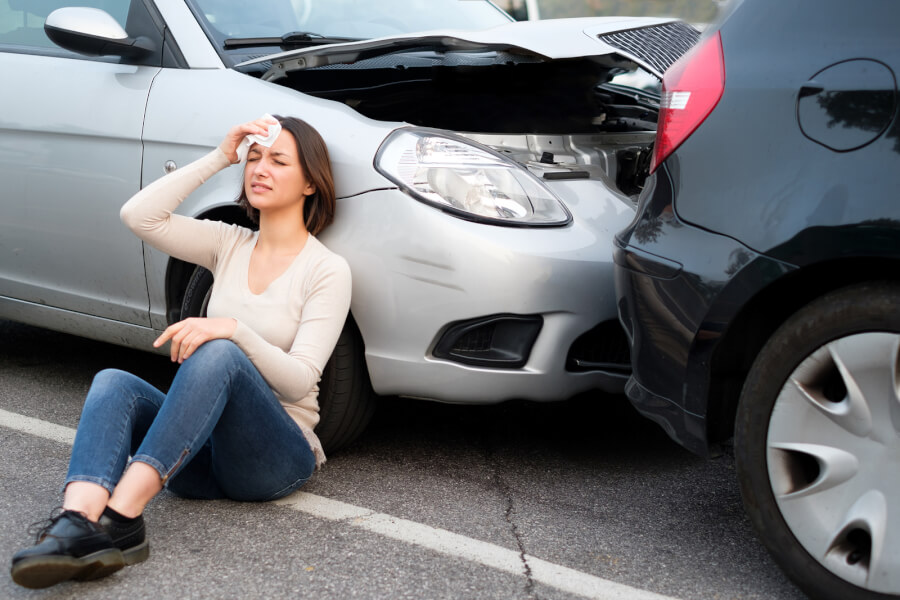Drunk driving. It’s a serious problem in the US, including North Carolina, and one that even the US Supreme Court feels is important enough to rule on.
The Fourth Amendment
This is the amendment that prohibits illegal search and seizures. However, The Supreme Court has ruled that because drunk driving is such a danger, DUI checkpoints aren’t illegal. They just have to be random, and not used for general crime control.

In other words, the checkpoints are put up randomly and in various places, (i.e., not on a particular intersection every weekend) to enable police to check for drunk drivers. Should police encounter other, non-vehicular violations, (such as wanted suspects for other crimes) they are allowed to place these individuals under arrest. But they can’t use the checkpoints for that reason.
Checkpoints also have to be publicly announced. You can find out when and where checkpoints will happen at RoadBlock.org or DUIBlock.com.
North Carolina’s Gen. Stat. §20-16.3A also makes the state’s DUI (“sobriety”) checkpoints legal for the purpose of finding and removing drivers under the influence who are a danger to other drivers.
Checkpoints usually occur late at night and early in the morning in the areas of bars and restaurants where, presumably, drunk drivers will frequently be caught.
Probable Cause
As a rule, a police officer must have probable cause to suspect you and stop you for something. Because of The Supreme Court’s ruling, DUI checkpoints in response to the innate dangers of drunk drivers do not override the rights of all drivers under the Fourth Amendment.
You Are Required To Stop
Since police officers are looking for drunk drivers at DUI checkpoints, you are required to stop. If you’re not drunk driving, have a current license and insurance, and not committing any other sort of crime, your stop will be quick and easy. It’s better to just go through the checkpoint and you’ll be on your way, even if it’s just a few minutes of delay.
If you see a DUI checkpoint or roadblock and turn left, right or around to avoid it, the police have the right to follow you, stop you, and specifically ask you why you avoided the stop. Even if your turn was completely legal and legitimate, (such as turning at an intersection or stop light to go to your residence or workplace) police have the right to stop you and ask about it.
Detecting Inebriation
If the officer suspects any inebriation or you exhibit signs of it, you’ll be asked to pull over and exit your vehicle. The officer will then ask you to submit to field sobriety testing and may administer a breath and/or blood test. You are required to comply or risk seizure of your driver’s license.
Get A Strong DUI Defense Attorney
The laws surrounding DUIs are complex. Attorney Dewey P. Brinkley is a former Wake County Assistant District Attorney who has strongly defended numerous DUI cases and will fight for you in court. A DUI is a serious charge, and you need someone who will make sure your rights are protected. Call the Law Office of Dewey P. Brinkley at 919-832-0307 to schedule your free DUI case consultation.
